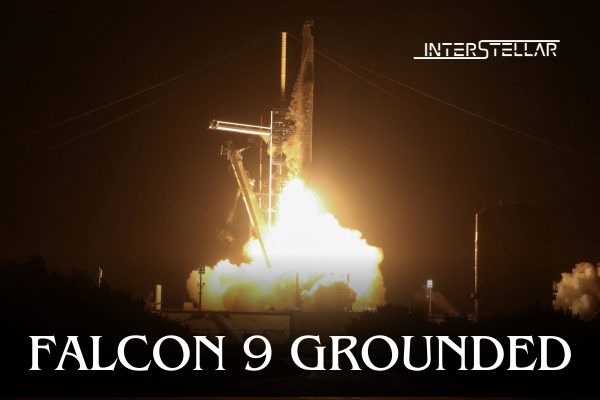SpaceX Grounds Falcon 9 After Second-Stage Malfunction, FAA Orders Investigation
As Instructed by the US Federal Aviation Administration (FAA), SpaceX grounds the Falcon 9 rocket following a NASA mission on Saturday. This incident marks the third time the Falcon 9 has been grounded in the past three months.
Malfunction After NASA Astronaut Launch
On Saturday, SpaceX successfully launched two NASA astronauts to the International Space Station (ISS). However, the Falcon 9’s second-stage engine failed to re-ignite for its routine “deorbit burn” — a procedure designed to safely dispose of the booster into the ocean after use.
Although the astronauts reached the ISS without issues, the FAA reported that the malfunction caused the second stage to fall into a region of the Pacific Ocean outside its approved safety zone. Fortunately, no injuries or property damage were linked to the incident.
SpaceX confirmed the anomaly, stating that the booster “experienced an off-nominal deorbit burn” but landed safely in the ocean. The company emphasised it would resume launching after identifying the root cause.
Previous Groundings and Investigation Details
This latest grounding is the third time the FAA has halted Falcon 9 flights in three months. In July, a second-stage issue led to the destruction of a batch of Starlink satellites, ending SpaceX’s seven-year streak without a mission failure. August saw another grounding after a first-stage booster failed to land back on Earth, although the mission itself was still successful.
Despite these setbacks, SpaceX has consistently managed to resume operations swiftly, often within weeks. The FAA’s oversight ensures that SpaceX addresses the root causes before granting clearance for future launches.
SpaceX and FAA Tensions
The grounding comes amid tensions between SpaceX and the FAA over licensing and regulatory matters. SpaceX has criticised the FAA for being slow in approving Starship flight tests and imposing fines over alleged violations of Falcon 9 launch licenses in 2023. These issues have complicated SpaceX’s operations, although the recent Falcon 9 grounding does not directly impact the Starship programme.
SpaceX’s Falcon 9 remains a vital launch vehicle for many space missions, averaging two to three launches per week since early 2024. The rocket’s first stage is reusable, but the second stage is not, making second-stage malfunctions a concern for mission success and public safety.





